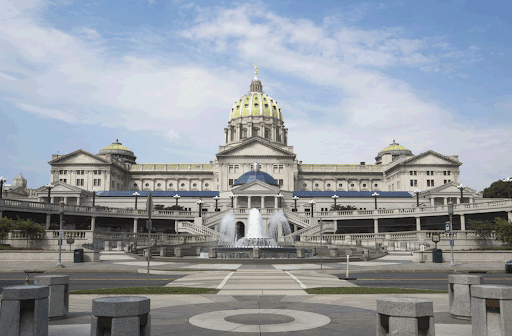
Pennsylvania lawmakers agreed to provide critical funding support to the state’s long-term care industry in reaching a budget agreement on Friday — a move one senior living and care association called a “historic investment” for an industry “that truly needs to be rescued.”
The Pennsylvania Health Care Association is “breathing a sign of relief” following passage of the state’s $39.78 billion 2021-2022 budget, which includes a $315 million investment in assisted living communities, personal care homes and nursing homes. The budget prioritizes federal stimulus dollars from the American Rescue Plan for the long-term care industry.
Specifically, the budget allocates $30 million to assisted living communities and personal care homes and $247 million to nursing homes. A $5 million HVAC grant program for all types of long-term care facilities allows providers to apply for up to $15,000 each.
In addition, the state’s Medicaid Day One Incentive program for nursing facilities will receive $16 million, along with a $17 million match from the federal government, for a total investment of $33 million.
“Pennsylvania’s long-term care providers can breathe a sigh of relief — one 15 months in the making — knowing they can continue caring for their vulnerable residents in the weeks and months to come,” PHCA President and CEO Zach Shamberg said in a statement.
But Shamberg said the fight is far from over, and PHCA will work with the General Assembly and Gov. Tom Wolf to ensure that the state’s long-term care continuum continues to be a priority.
PHCA was asking the state to earmark $52 million in “critical emergency funding” from federal stimulus dollars for assisted living and personal care homes, including $9 million for infection control and reopening communities and $29 million for personal protective equipment. The association also wanted $14 million to cover increased liability insurance costs, which it said are approaching 200%.
For nursing homes, PHCA was asking for $396 million — $73 million for infection control and reopening, $137 million for personal protective equipment, $77 million for ongoing staff COVID-19 testing, $34 million for liability insurance costs and $75 million for market basket rate increases.
Wolf has indicated his support for the budget and is expected to sign it soon.


